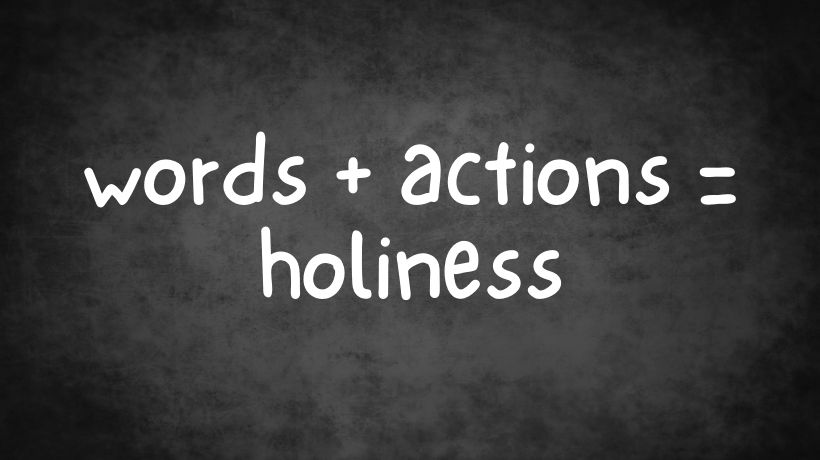 Parshat Ki Teitzei is overflowing with mitzvot—more than 70 in total—spanning topics of family, justice, compassion, business, and community. Some seem weighty, like laws of inheritance or capital punishment. Others seem small, almost ordinary: return your neighbor’s lost ox, build a guardrail on your roof, send away the mother bird before taking eggs. The Torah presents a vision of holiness not only in great rituals but in the everyday details of how we live together.
Each of these mitzvot invites us to respond with a blessing formula: Baruch atah Adonai, asher kid’shanu b’mitzvotav v’tzivanu. “Blessed are you, Eternal One, who has sanctified us with commandments and commanded us…” The words remind us that holiness isn’t only found within the walls of Neveh Shalom or in our homes on Shabbat, but in our daily responsibilities. For example:
Parshat Ki Teitzei is overflowing with mitzvot—more than 70 in total—spanning topics of family, justice, compassion, business, and community. Some seem weighty, like laws of inheritance or capital punishment. Others seem small, almost ordinary: return your neighbor’s lost ox, build a guardrail on your roof, send away the mother bird before taking eggs. The Torah presents a vision of holiness not only in great rituals but in the everyday details of how we live together.
Each of these mitzvot invites us to respond with a blessing formula: Baruch atah Adonai, asher kid’shanu b’mitzvotav v’tzivanu. “Blessed are you, Eternal One, who has sanctified us with commandments and commanded us…” The words remind us that holiness isn’t only found within the walls of Neveh Shalom or in our homes on Shabbat, but in our daily responsibilities. For example:
• Returning a lost object (22:1–3) transforms inconvenience into kindness.
• Building a fence around your roof (22:8) turns private property into shared responsibility, preventing harm to others.
• Sending away the mother bird before taking eggs (22:6–7) teaches compassion and gentleness toward even the smallest of creatures.
These mitzvot, and the blessings that accompany them, create a rhythm of sanctity in daily life. By reciting blessings, we pause, notice, and elevate acts that might otherwise pass by unnoticed. In doing so, we acknowledge that safeguarding life and practicing compassion are not optional extras but the very core of Jewish living. Ki Teitzei challenges us to see our daily actions as opportunities for blessing. Each time we care for another person, act with responsibility, or protect the vulnerable, we are living the words asher kid’shanu b’mitzvotav. This week, don’t wait for Shabbat or holidays to sanctify your life. Make a blessing with your actions: return what isn’t yours, put up your “fences” of care and caution, and treat others with compassion. In doing so, may our ordinary days be filled with extraordinary holiness.


